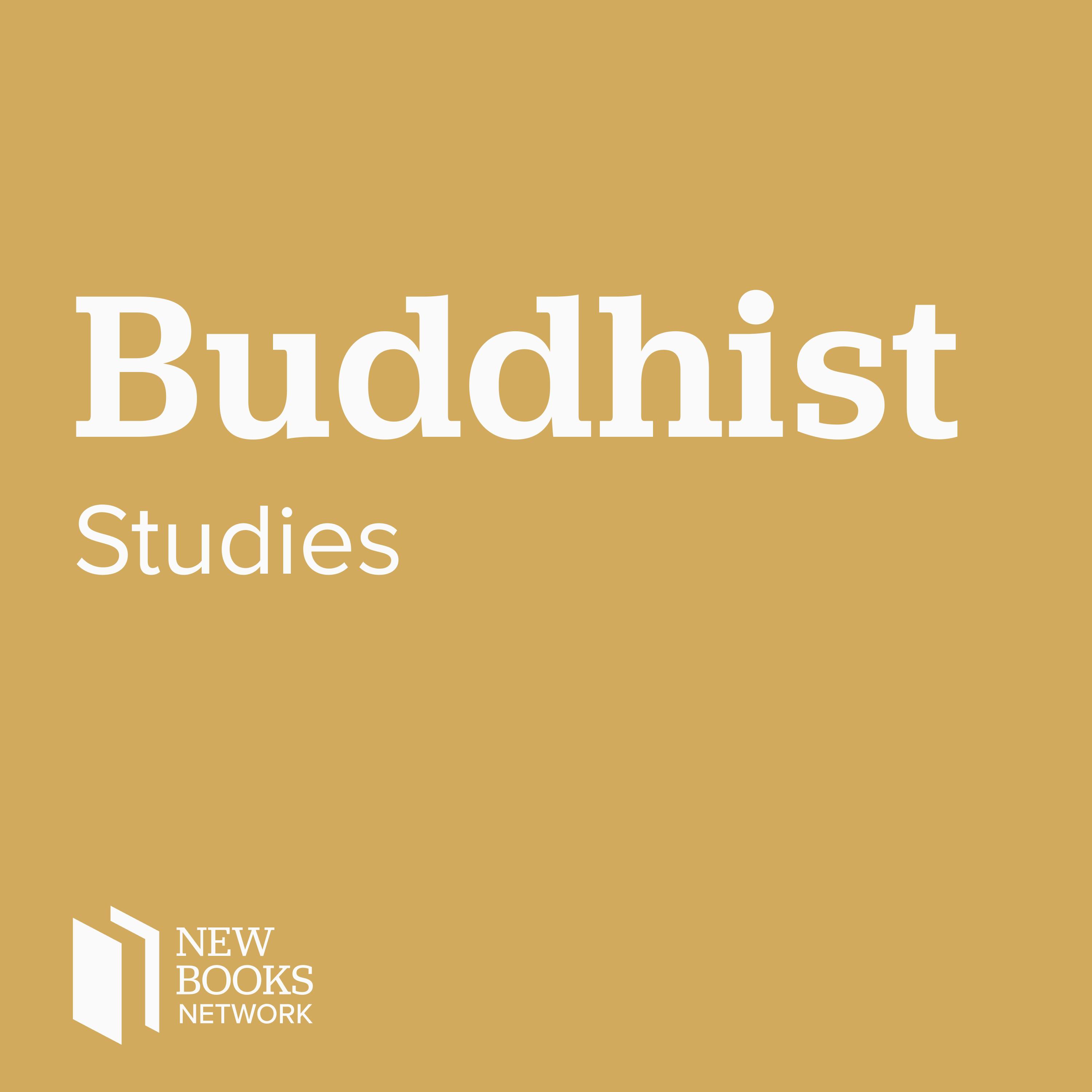William S. Waldron, "Making Sense of Mind Only: Why Yogacara Buddhism Matters" (Wisdom Publications, 2023)
Description
Through engaging, contemporary examples, Making Sense of Mind Only: Why Yogacara Buddhism Matters (Wisdom Publications, 2023) reveals the Yogacara school of Indian Buddhism as a coherent system of ideas and practices for the path to liberation, contextualizing its key texts and rendering them accessible and relevant. The Yogacara, or Yoga Practice, school is one of the two schools of Mahayana Buddhism that developed in the early centuries of the common era. Though it arose in India, Mahayana Buddhism now flourishes in China, Tibet, Korea, Vietnam, and Japan. While the other major Mahayana tradition, the Madhyamaka (Middle Way), focuses on the concept of emptiness—that all phenomena lack an intrinsic essence—the Yogacara school focuses on the cognitive processes whereby we impute such essences. Through everyday examples and analogues in cognitive science, author William Waldron makes Yogacara’s core teachings—on the three turnings of the Dharma wheel, the three natures, the storehouse consciousness, and mere perception—accessible to a broad audience. In contrast to the common characterization of Yogacara as philosophical idealism, Waldron presents Yogacara Buddhism on its own terms, as a coherent system of ideas and practices, with dependent arising its guiding principle.
The first half of Making Sense of Mind Only explores the historical context for Yogacara’s development. Waldron examines early Buddhist texts that show how our affective and cognitive processes shape the way objects and worlds appear to us, and how we erroneously grasp onto them as essentially real—perpetuating the habits that bind us to samsara. He then analyzes the early Madhyamaka critique of essences.
This context sets the stage for the book’s second half, an examination of how Yogacara texts such as the Samdhinirmocana Sutra and Asanga’s Stages of Yogic Practice (Yogacarabhumi) build upon these earlier ideas by arguing that our constructive processes also occur unconsciously. Not only do we collectively, yet mostly unknowingly, construct shared realities or cultures, our shared worlds are also mediated through the storehouse consciousness (alayavijñana) functioning as a cultural unconscious. Vasubandhu’s Twenty Verses argues that we can learn to recognize such objects and worlds as “mere perceptions” (vijñaptimatra) and thereby abandon our enchantment with the products of our own cognitive processes. Finally, Maitreya’s Distinguishing Phenomena from Their Ultimate Nature (Dharmadharmatavibhaga) elegantly lays out the Mahayana path to this transformation. In Waldron’s hands, Yogacara is no mere view but a practical system of transformation. His presentation of its key texts and ideas illuminates how religion can remain urgent and vital in our scientific and pluralistic age.
Learn more about your ad choices. Visit megaphone.fm/adchoices
Support our show by becoming a premium member! https://newbooksnetwork.supportingcast.fm/buddhist-studies
More Episodes
The concept of the puruṣa, or person, is implicated in a wide range of ancient texts throughout the Indian subcontinent. In Puruṣa: Personhood in Ancient India, published in 2024 by Oxford University Press, Matthew I. Robertson traces the development of this concept from 1500 BCE to 400 CE: in...
Published 04/09/24
Jundo Cohen is a Zen Buddhist teacher and founder of Treeleaf Zendo, a digital Zen community with members in over 50 countries. He writes on the intersection of Buddhism, ethics, science, and the future of the planet. He resides in Tsukuba, Japan’s “Science City”. He is the author of The Zen...
Published 03/31/24
Professor William Waldron teaches courses on the South Asian religious traditions of Hinduism and Buddhism, Tibetan religion and history, comparative psychologies and philosophies of mind, and theory and method in the study of religion at Middlebury College. His publications focus on the Yogacara...
Published 03/23/24


